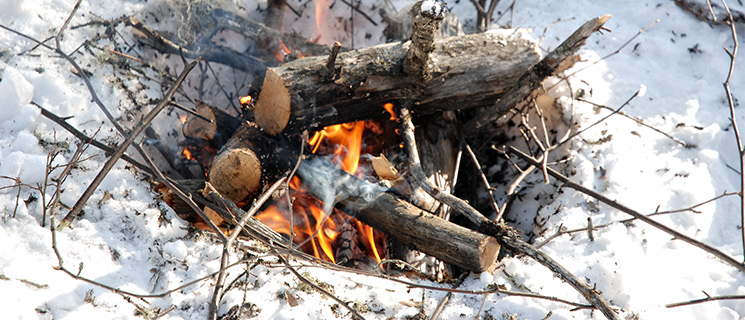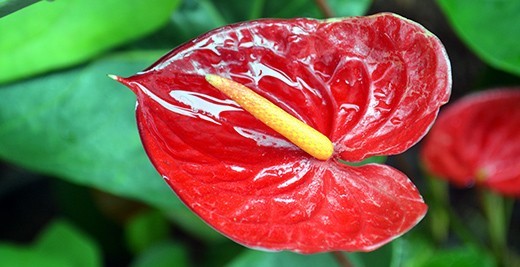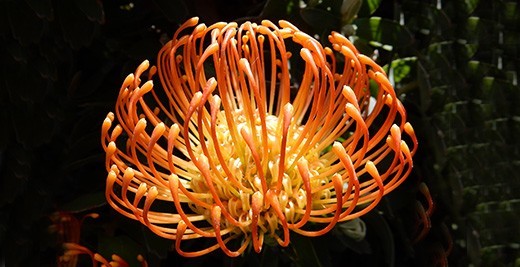
In the article Spring, summer... allergic rhinitis is here! we focused on seasonal diseases and how to deal with them based on Traditional Chinese Medicine. But what to do if allergic rhinitis comes in the middle of winter? Or do we suffer from it during the whole year? What is the best/worst response?
There is no smoke without fire
The explanatory dictionary defines the allergy as a disproportionate response of the immune system to harmless substances in the environment. One does not even need to look for accurate statistics to notice that the number of allergy sufferers has been increasing steadily. It is said that “there is no smoke without fire”, and, on the basis of countless negative manifestations, we can basically be certain that harmful things in our body and the environment have been increasing disproportionately in recent decades. A different story would be to try to write down what the main causes. However, if we focus only on allergic rhinitis for the purposes of this article, surveys show that 10 to 20 percent of the population currently suffer from it (essentially one in five people!). In the last article we have already discussed the manifestations of allergic rhinitis and recommended treatment from the point of view of Western medicine. Now we will try to give the main points of the Eastern perspective.
Which way the wind is blowing
We do not have to run from allergic rhinitis like the devil from holy water. However, according to Traditional Chinese Medicine, it occurs due to repeated intrusion of external harmful wind into the nose area. Another possibility is an insufficient defence system in the kidney and lung pathway, which basically widely opens the gates of the body to the wind (the gates do not “work” any more because they no longer “prevent”). Most often, however, both states are combined.
Insufficiency of the kidney and lung pathways may have various causes, but the main ones include weakened congenital constitution (if there is insufficient kidney essence in parents), problematic pregnancy (alcohol, smoking, long-term stress and emotional shocks, infections), premature or induced labour, vaccination in children ad. Allergic rhinitis usually begins in childhood, but can affect adults as well. In this case, this is mainly associated with the natural loss of kidney energy, which may be artificially enhanced by, for example, excessive sexual activity (this is especially true for men after their forties). In addition, for people over the age of 50 and those who over-consume sweets and dairy products, complications with a weakened spleen may be added, which in turn will produce too much mucus. Thus, the affected person not only “suffers” from allergic rhinitis but also inflammation of the sinuses (clogged with mucus) is added.
If the kidneys are weakened, they cannot sufficiently “charge” our body. They are the source of the life-giving power they send up to the lungs (inhale) to draw energy down again from the lungs (exhale). This basic mechanism ensures regular circulation of “QI” energy and healthy balance in the body. However, if this subtle mutual communication between the kidneys and the lungs gets stuck, too much energy will soon accumulate in the lungs. The bad situation is usually even more complicated according to the following scenario:
1. Stagnation of QI energy in the lungs – instead of going down to the kidneys, the energy goes upward towards nose against its “standard flow” (water flows downhill) and from there gets it out in the form of watery discharge (rhinitis).
2. Weakened surface defensive energy – this is our imaginary “body armour” that protects us from the wind and other outside attacks. This QI energy is primarily active on the skin and mucous membranes – but is produced by the lungs, which are weakened by the above-mentioned “overpressure”. It can then manifest itself by allergic rhinitis not only in the nose, but also directly in the lungs with asthma.
3. Weakened kidney defence energy – typical symptoms of kidney weakness include low back pain, dizziness, whistling in the ears, feeling of weakness in the lower limbs, excessive sweating at night, etc.



